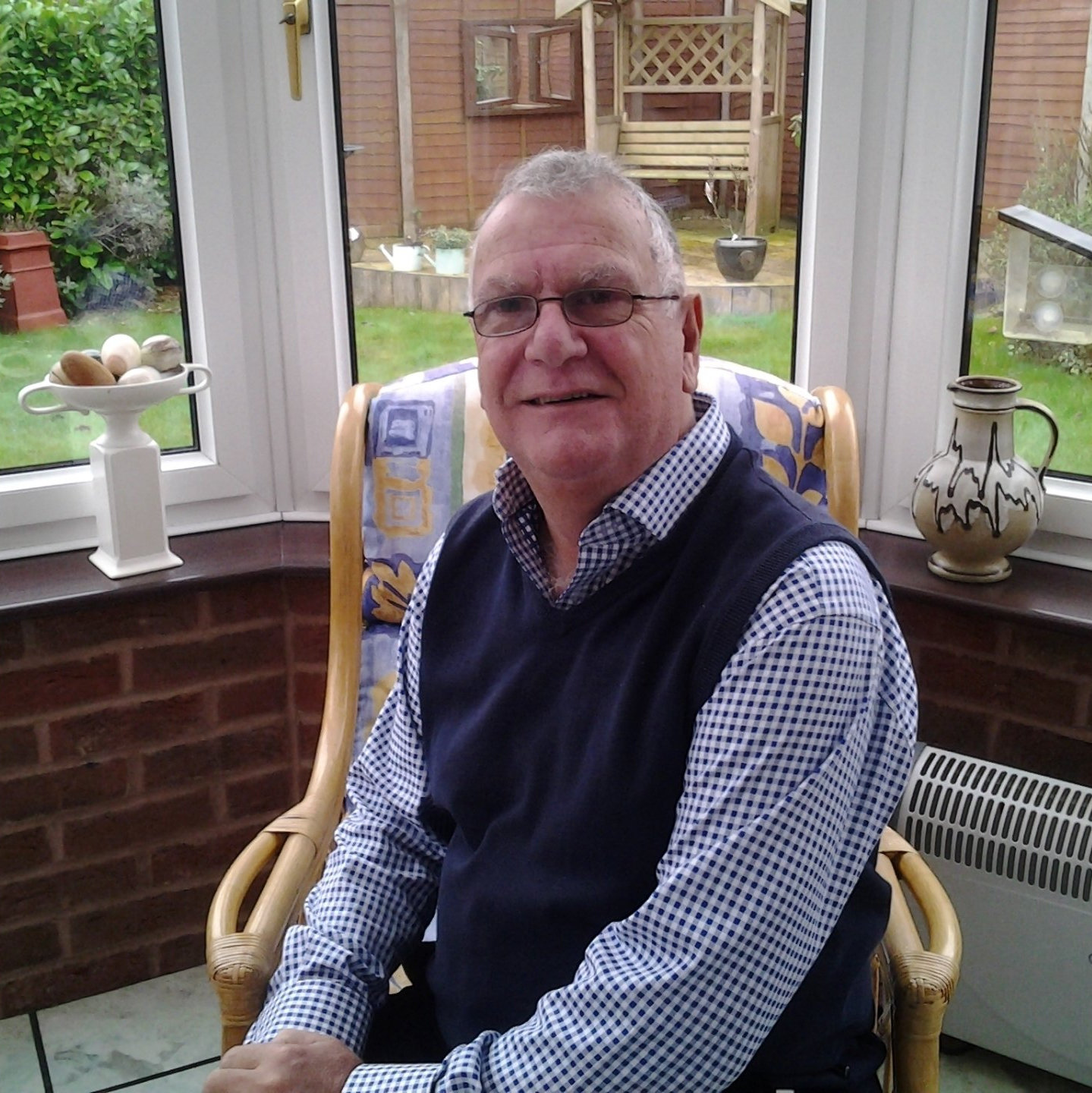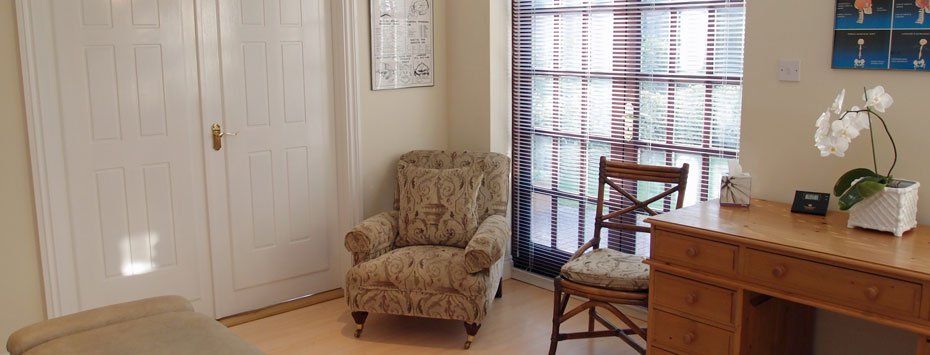PH489278
Easing stress and restoring balance

Stress creeps into daily life like a shadow that never quite leaves. You juggle work, family, bills, and the endless stream of small decisions that add up. While a certain amount of pressure can keep you sharp, too much wears you down until even simple tasks feel heavier than they should. The secret is not to eliminate stress completely but to learn how to live with it in ways that support your well-being. That means building habits that give you relief in the moment and resilience over time. What follows are strategies you can weave into everyday routines to manage stress without letting it take control.
Mindfulness
Starting small makes mindfulness feel approachable, not intimidating. By building a daily ten-minute mindfulness habit, you give your mind space to breathe, process, and reset without needing a retreat or special tools. That short window of attention can shift how you react to stress, helping you notice patterns before they spiral. You might sit quietly, focus on your breath, or even walk slowly while paying attention to each step. When practiced consistently, it becomes a skill you carry into stressful conversations and high-pressure decisions. The point is not perfection but cultivating a pause between what happens and how you respond.
Education and Growth
Sometimes the stress you carry is tied not only to daily pressures but also to bigger questions about purpose and direction. Investing in your growth can offer a sense of agency, whether that means learning a new skill, shifting careers, or deepening your knowledge. If health and resilience appeal to you, you might consider this option for pursuing advanced education in nursing, which equips you with practical tools for supporting wellness. Stepping into structured learning can give you both perspective and confidence, replacing helplessness with momentum. Education often reshapes how you see stress itself — not as a fixed weight but as a challenge you can meet with new strengths. That shift in mindset can be as transformative as any single habit.
Light Movement
Many people imagine stress relief through long gym sessions, but that can feel like another demand on your schedule. A more practical approach lies in ultra-low-intensity daily movement that slips into your routine without fanfare. Think of a slow walk around the block, light stretches before bed, or standing up to shift your posture during calls. These moments may look minor, yet they recalibrate your nervous system, nudging it out of fight-or-flight mode. Over time, these gentle movements accumulate into a rhythm of balance, reminding your body that it doesn’t always need to be on high alert. It’s less about burning calories and more about teaching your body safety and steadiness.
Sleep Quality
You already know sleep matters, but most people underestimate sleep’s role in emotional renewal. When your nights are restless, your patience thins, and the world feels more overwhelming than it really is. Deep, steady rest acts as emotional first aid, clearing mental clutter and refueling your sense of perspective. That’s why investing in a sleep routine — cool rooms, consistent bedtimes, no screens an hour before bed — pays dividends during stressful days. The payoff is not just energy but resilience, giving you a sturdier base to handle surprises. Evidence on sleep’s role in emotional renewal reinforces that quality rest is less a luxury than the cornerstone of everyday calm.
Social Connection
You are not meant to carry everything alone. In fact, strength through human connection is one of the most reliable buffers against stress, offering relief no app or gadget can replace. Sharing worries with a trusted friend, laughing with family, or joining a local group changes the way stress registers in your body. These moments signal safety, reminding your nervous system that you belong and are supported. Even brief encounters — chatting with a neighbor, helping a colleague — can lift the load in subtle but lasting ways. That’s why research on strength through human connection frames it as biological fuel, not just a pleasant add-on.
Time Management
The pressure of modern life often comes less from what you face and more from how scattered the hours feel. Learning the art of managing time to calm overwhelm is about creating order that allows your nervous system to settle. This doesn’t mean squeezing more into the day; it means being deliberate about what matters and cutting what doesn’t. A simple plan for the morning, a short list of priorities, or blocking time for deep work can ease the constant hum of urgency. Once you carve out a sense of control, stress stops feeling like an unstoppable tide. Instead, it becomes a current you can step into with steadier footing.
Nutrition
The foods you choose either build resilience or chip away at it. Whole grains, colorful vegetables, and omega-rich proteins don’t just fuel energy; they help stabilize mood and sharpen clarity. On the other hand, processed foods and sugar spikes can create a cycle of agitation and crash, magnifying stress instead of soothing it. Eating mindfully, savoring meals, and staying hydrated add another layer of care to your day. It helps to remember that a nutrient-rich diet enhances resilience, giving your body the raw materials it needs to regulate hormones and manage stress chemistry. Think of food not just as fuel but as a daily ally in keeping your stress response balanced.
Stress is not a sign of weakness; it is part of the human condition. What matters most is how you respond, and the strategies above give you ways to soften its grip. A short mindfulness break, a stretch in your kitchen, a night of deeper rest, a call with someone you trust, a calendar that serves you instead of the other way around, and meals that restore rather than deplete — these become your daily armor. Education, too, provides a long arc of resilience, reminding you that growth is one of the most powerful antidotes to pressure. These habits work not in isolation but as a network, reinforcing each other until stress loses its sharp edges. By weaving them into your routine, you create not just moments of relief but a lasting rhythm of balance.
Discover how Botley Hypnotherapy can transform your life by helping you overcome anxieties, traumas, and bad habits with expert hypnotherapy treatments and training.
My thanks to Hazel Bridges for contributing this article hazelbridges@agingwellness.org














